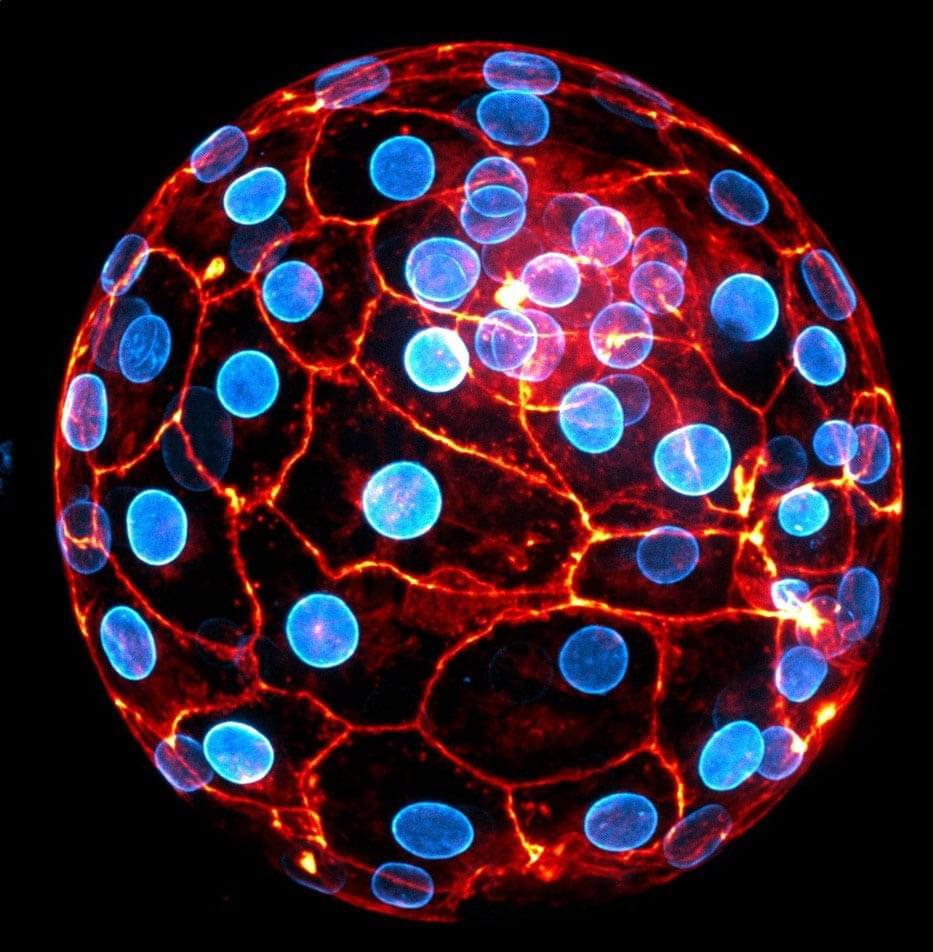A breakthrough study by the Institut Curie reveals that embryonic cell compaction in humans is caused by cell contraction, offering new insights to enhance assisted reproductive technology success rates.
In human development, the compaction of embryonic cells is a vital process in the early stages of an embryo’s formation. Four days post-fertilization, the cells tighten together, helping to form the embryo’s initial structure. If compaction is flawed, it can hinder the development of the essential structure needed for the embryo to attach to the uterus. During assisted reproductive technology (ART), this stage is meticulously observed before the embryo is implanted.
An interdisciplinary research team led by scientists at the Genetics and Developmental Biology Unit at the Institut Curie (CNRS/Inserm/Institut Curie) studying the mechanisms at play in this still little-known phenomenon has made a surprising discovery: human embryo compaction is driven by the contraction of embryonic cells. Compaction problems are therefore due to faulty contractility in these cells, and not a lack of adhesion between them, as was previously assumed. This mechanism had already been identified in flies, zebrafish, and mice, but is a first in humans.










Leave a reply